Our Story
Following a thirteen-year career advising corporations around the world with McKinsey & Company, Bernard Loyd founded Urban Juncture in the basement of his Bronzeville home in 2003. Bronzeville was an ideal place to start community development work. Despite its rich history, graceful boulevards, an abundance of raw talent, and convenient location between downtown, Lake Michigan, and Midway Airport, Bronzeville lacked the basic retail amenities, viable employment opportunities, and shared public spaces needed to build a cohesive neighborhood. For a lucky few, Bronzeville's expansive mansions provided places of respite between trips north for work and pleasure. For many others, it was a community with few opportunities, poor schools, an abundance of blight and crime, and uncertain futures. For all, it was a promise unfilled.
In 2003, Bernard began work on a plan to reestablish commerce at what had been a central Bronzeville retail and transit hub: the intersection of 43rd Street and the Chicago Transit Authority's Green Line elevated train station. From the start, Urban Juncture keenly focused on local commerce as the central tool for community revitalization. Starting with The Forum, a long-shuttered historic retail and assembly hall complex located adjacent to the train, the plan envisioned bringing together a broad set of retail products and professional services to begin to fill the many gaps in Bronzeville’s retail offering. After a year of promising research, analysis, plan development, subsequent unsuccessful efforts to build political support and to acquire The Forum, Urban Juncture's work expanded — a mile south to 51st Street and the "El".
The then alderman, committed to revitalizing 51st Street & Dr. Martin Luther King Jr. Drive, selected Urban Juncture and a growing group of partners to identify opportunities to revitalize 51st Street retail corridor, catalyzing broader investments in the area. The first tangible step came in 2005 with the acquisition of the self-proclaimed "Largest Liquor Store on The South Side", the 300 Cut-Rate Liquors building. This classic Chicago retail building located just west of the elevated tracks had been built in 1908 following the World’s Columbian Exposition of 1893, at the height of the development of the South Side. The retail building later lost most of its tenants and vibrancy in the latter decades of the 20th century. Inspired by the location and structure of the building, came a new focus on a key category critical to neighborhood revitalization: restaurants.
Locally-owned restaurants are the holy grail of neighborhood revitalization. Restaurants bring neighbors together, keep dollars circulating in the neighborhood, and attract visitors from afar. Good food creates good community. And, Black cuisine represents one of Chicago's most valuable and least-leveraged cultural assets. The hospitality sector is among the most efficient job-creating levers in our economy, a key value for "job-desert" communities. Moreover, the hospitality sector provides more first job opportunities than any other sector, critically important first rungs on the ladder of economic opportunity.
The 2005 acquisition was followed by the 2006 acquisition of a sister property, a vacant lot at the northwest corner of 51st & Calumet Avenue, just east of the elevated tracks, and the 2007 purchase of a retail building at the southeast corner of 51st & Calumet Avenue. These three plots represented the largest single retail landholding on 51st Street, and their central locations provided key leverage for the establishment of a Black food district, Urban Juncture's central goal on 51st Street.
The Great Recession of 2008 ended productive discussions with a range of finance partners in support of a "Cuisine of the Diaspora" district. By the end of the year, it became clear that institutional financing for any community development effort in Black Chicago would be virtually impossible to secure. Urban Juncture had made substantial investments and tremendous progress, but a new approach would be needed to secure the support needed to achieve its goal.

